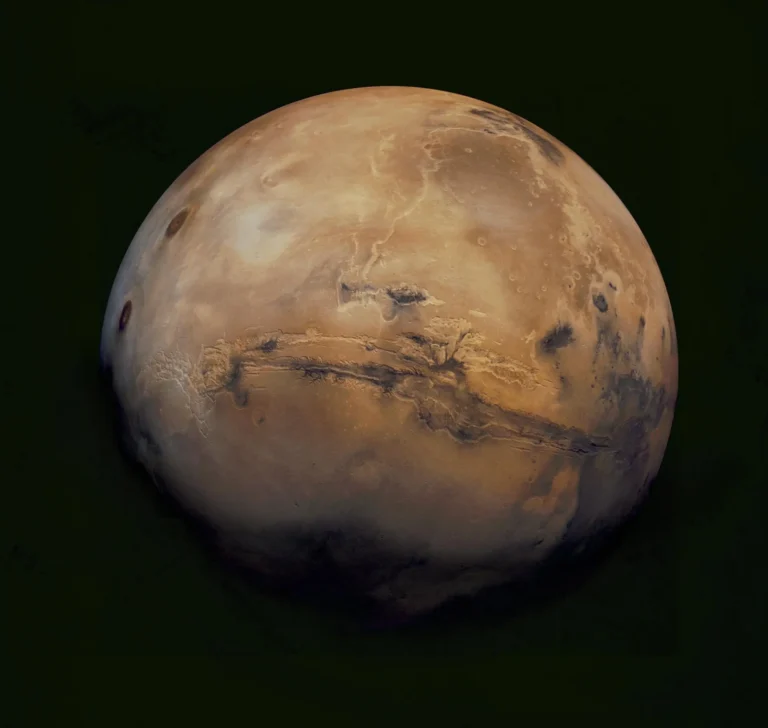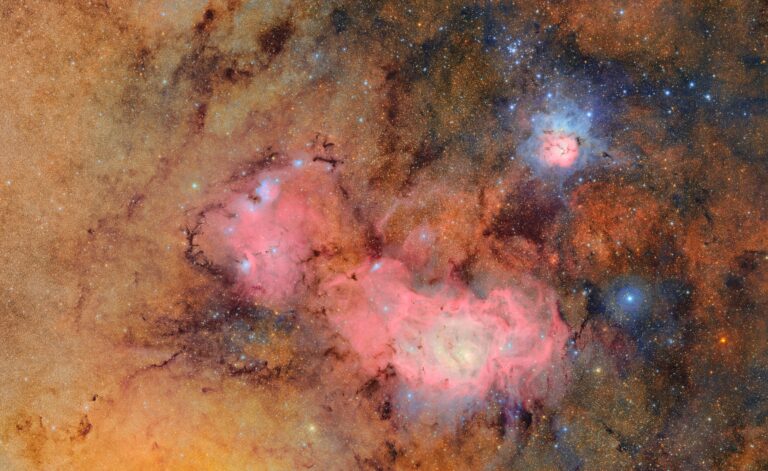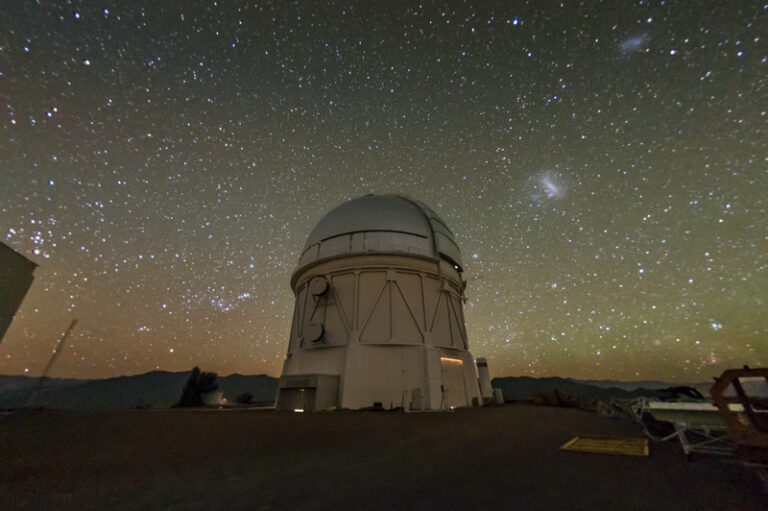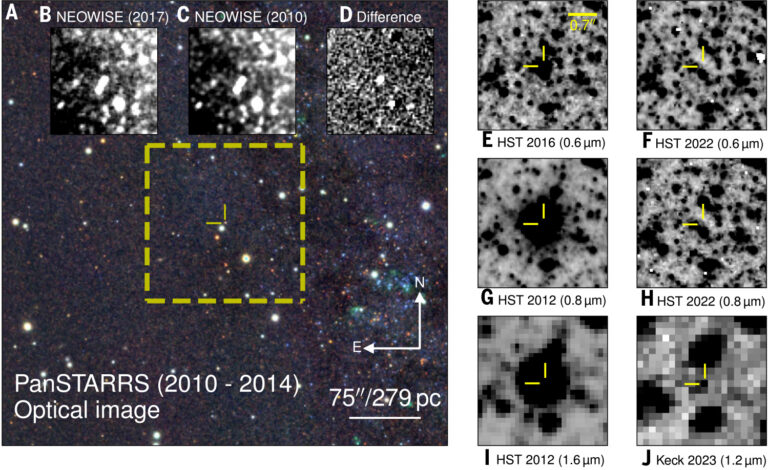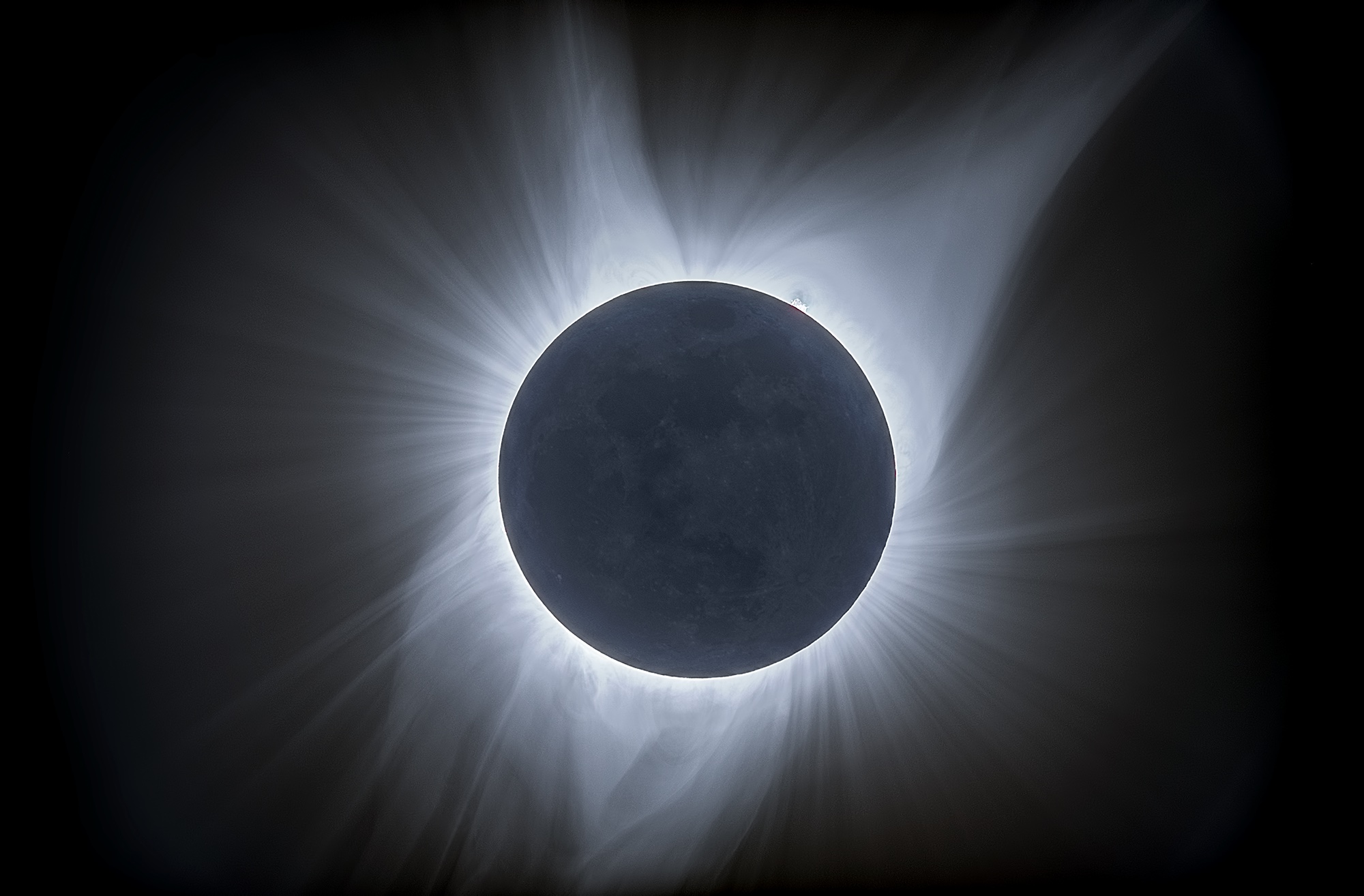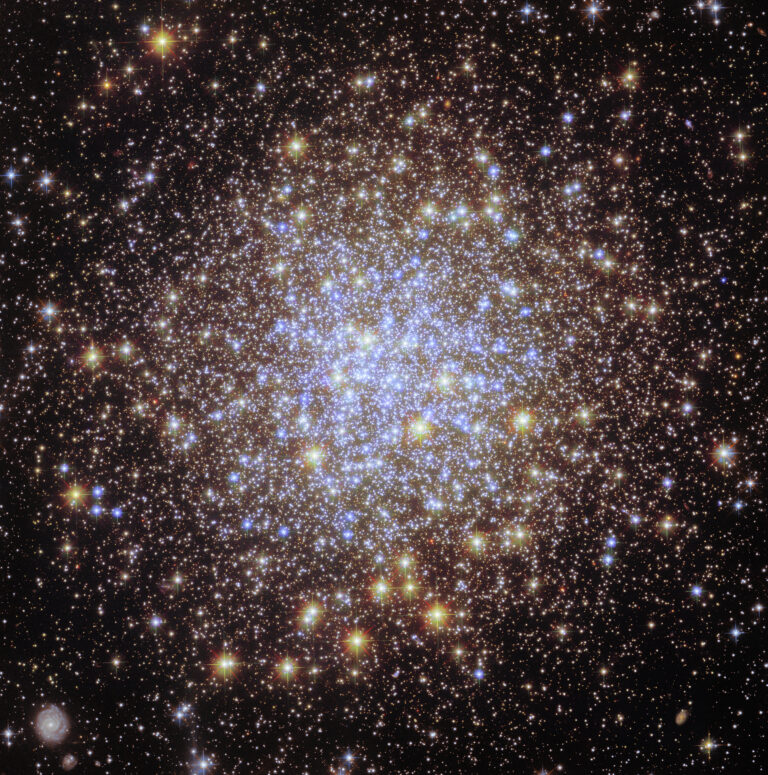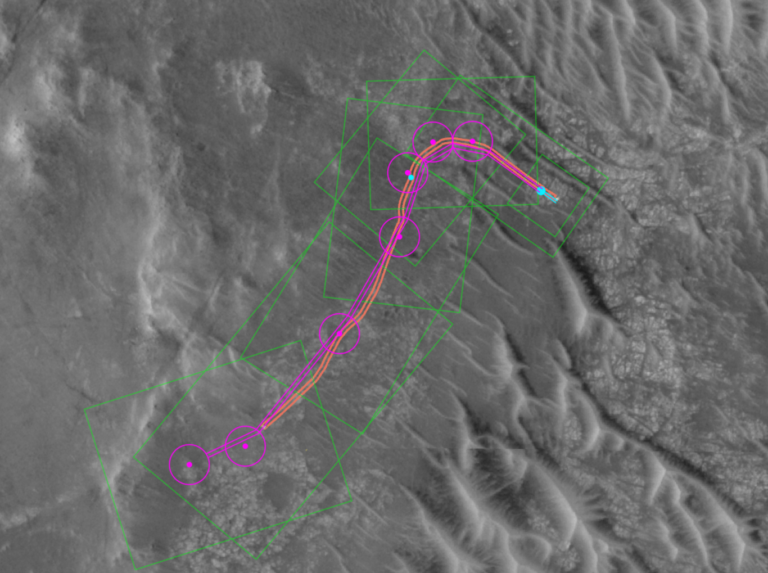A famous illustration of “probability” is the monkeys-and-typewriters thing. We’ve all heard it: Let a million monkeys type randomly on a million keyboards for a million years, and you’d get all the great works of literature. Is this true?
About 10 years ago, a couple of wildlife caretakers actually put out a bunch of typewriters in front of a group of macaques to see what would happen. The animals typed virtually nothing. Instead, they threw some of the machines on the ground, used them as toilets, and quickly rendered all of the machines useless. They didn’t create any written wisdom whatsoever.
Well, ha ha and LOL, but let’s get serious. We’ll confine the experiment to our thoughts the way Albert Einstein liked to do. So could a million diligent monkeys typing for a million years truly create Hamlet? And if one of them wrote Moby Dick word for word on his 97 billionth attempt at pounding random keystrokes but then left out the period at the end, would that count?
Believe it or not, such a problem is entirely solvable. Now, keyboards offer a lot of places to push; there are 58 keys even on old-fashioned typewriters. When talking about random events, consider the difficulty of creating merely the 16 opening characters, including the appropriate spaces, of Moby Dick, “Call me Ishmael.” How many random tries would be needed?
Given 58 possible keys, it would be 58 × 58 × 58 × 58 … 16 times over, which is 16.4 trillion quadrillion attempts. But remember that we have a million monkeys working, and let’s say they type 45 words a minute, so the 16 keystrokes that make up the three words take just four seconds. And they never rest or sleep. How much time then, according to probability, before one of them gets a 50-50 chance at typing that famous opening line?
ENORMOUS. THEY SURPRISE US.
So a million monkeys typing furiously would never even reproduce one book’s short opening line. Moral: Forget the monkeys-and-typewriters thing. It’s bogus.
Worse, it overly credits the power of random events. As a corollary, if you’re a longtime reader, you know I share former Encyclopedia Britannica Publisher Paul Hoffman’s views about consciousness — that it’s the greatest mystery in all of science. How could random atom collisions ever give creatures a sense of perception?
Astronomers hope to find life elsewhere, and many assume that an alien’s self-awareness would have arisen through random physical or chemical processes. I’m not advocating any philosophical viewpoint here; I’m merely saying that the random supposition is simply not any kind of useful hypothesis. The “random” business is given far more potency in the popular imagination than it deserves. We’d do better to candidly say, “This is a mystery.” Then maybe some researchers could begin to tackle it from scratch.
Accomplishing a particular complex task by mere chance is what we’re examining. Its limitations may seem puzzling because random events do indeed create dizzying possibilities.
Consider all of the ways you can arrange four books on a shelf. You find the possibilities by multiplying 4 × 3 × 2 — pronounced “4 factorial” and written 4! — which is 24. But what if you have 10 books? Easy again: it’s 10! or 10 × 9 × 8 × 7 × 6 × 5 × 4 × 3 × 2, which is — ready? — 3,628,800 different ways. Going from four items to 10 increases the possible arrangements from 24 to 3.6 million. So if you haphazardly put 10 books on a shelf, the chances are 3.6 million to one against them appearing alphabetically. Few of us would expect such long odds — 100 to one sounds more plausible, doesn’t it?
Possibilities are always insanely enormous. They surprise us. The number of atoms in the entire visible universe can be written right here: 100,000,
000,000,000,000,000,000,000, 000,000,000,000,000,000,000, 000,000,000,000,000,000,000, 000,000,000,000 — that’s 80 zeros. Add just six more zeros (you’d hardly notice them), and you’ve represented all the atoms in a million universes.
But you’d have to type zeros for the rest of your life to express the ways — just the written representation and not the actual count — that stars can be arranged in our galaxy. Or neurons can connect in a human brain. The mind’s potential lies beyond its own comprehension.
We can always count things. No problem there. But when it comes to assessing possibilities — on Earth or off it — we monkeys haven’t got a chance.
Contact me about my strange universe by visiting http://skymanbob.com.


